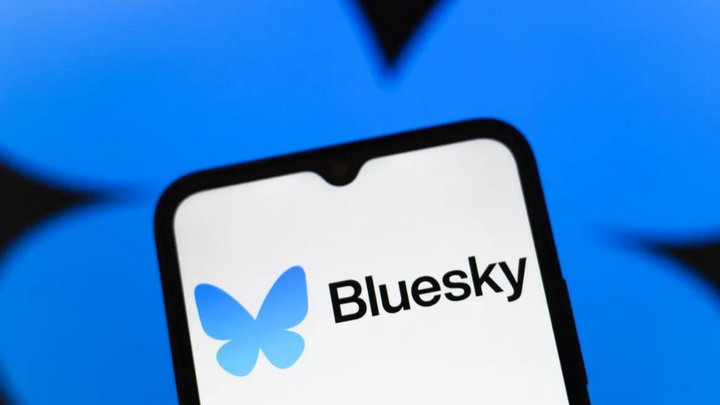Google completes first AI glasses
Google is said to have completed its first prototype of smart glasses with built-in artificial intelligence. However, the company has not yet decided on an official manufacturing partner. Quanta has designed the prototype and is a strong candidate, but many sources say HTC may be the final manufacturer. HTC recently launched the Vive Eagle AI glasses, which are manufactured entirely in Taiwan (China).
AI-enabled devices such as watches, phones and smart glasses are becoming ubiquitous in modern life. (Source: SCMP)
HTC has transferred some of its AR/VR R&D staff and licensed its patents to Google for $250 million, opening up the possibility of deeper collaboration between the two, especially after the sale of its “Powered by HTC” smartphone business to Google in 2017.
If HTC wins the manufacturing contract, it will be a big boost for the company to better utilize its factory in Taoyuan and expand its operations.
The pioneering AI headset Vive Eagle is the first to support traditional Chinese voice control and allows users to choose an AI model such as Google Gemini or OpenAI GPT. It is the world's first wearable device to adopt open AI architecture.
According to the latest data, global smart glasses shipments grew 210% in 2024 and are expected to grow another 60% in 2025. The compound annual growth rate is forecast to exceed 60% through 2029.
Bluesky Shuts Down in Mississippi
Social network Bluesky has decided to block access to its service in Mississippi rather than comply with a new age verification law. The company said it lacks the technical resources to make the major changes the law requires.
Bluesky social network logo. (Source: Techcrunch)
The new law requires all users to verify their age before accessing any social media platform, not just age-restricted content. This means Bluesky must verify the age of all users and seek parental consent for those under 18.
Bluesky warned that non-compliance could result in fines of up to $10,000 per user. It also raised concerns about having to collect and store sensitive personal information, which could impact privacy and freedom of expression.
Bluesky argues that the law would disadvantage small platforms, increase operating costs, and entrench the position of tech giants. They stress that compliance requires complex infrastructure and constant monitoring — something that small development teams can’t afford.
Some users outside Mississippi also had trouble accessing the service, which was routed through servers in the state. Bluesky's chief technology officer said they were updating their location system to fix the problem.
Grok 2.5 Officially Open Sourced
xAI, a company founded by Elon Musk, has announced the open-source version of its Grok 2.5 AI model. Users can download, run, and customize the model through the Hugging Face platform. Although open-source, xAI’s license does not allow Grok to be used to train, create, or improve other AI models, which is different from fully open-source models.
xAI's public release of Grok 2.5 is seen as a move in contrast to OpenAI, which has only provided limited versions of ChatGPT to researchers and businesses.
Grok has been controversial for making anti-Semitic comments and calling itself “MechaHitler.” The team said the bug came from old code that had been removed. Elon Musk announced that Grok 3 would also be open sourced within the next six months. However, the exact timing remains to be seen, as Musk’s schedule is often changing.
Minh Hoan
Source: https://vtcnews.vn/cong-nghe-25-8-google-hoan-tat-kinh-ai-dau-tien-ar961620.html









![[Photo] General Secretary To Lam attends the 80th anniversary of Vietnam's diplomacy](https://vphoto.vietnam.vn/thumb/1200x675/vietnam/resource/IMAGE/2025/8/25/3dc715efdbf74937b6fe8072bac5cb30)






























































































Comment (0)